Multimedia, Compression and Semi-Synthetic Benchmarks
X264 FHD
x264 is a free software library for encoding video streams into the H.264/MPEG-4 AVC format. x264 FHD measures how efficient a system is in encoding H.264 video and produces results in frames-per-second. H.265/HEVC video encoding is the future of video able to compress significantly larger resolution videos including 4K and make streaming a possibility. The 8700k ran the x264 FHD benchmark at an average of 43.34 frames per second. This is almost a full 10 FPS over the 7700k.
X265
x265 is an open-source implementation of the H.265 standard and x.265 HD benchmark tests the CPU’s ability to process an HEVC video. This benchmark is run by the processor alone. Because if that, its no surprise that the 8700k easily beat out the 6700k and the 7700k. The i7 8700K averaged 26.54 FPS. Just over 5 fps more than the 7700k’s 21.35 fps and almost 8 fps more than the 6700k which came in at 18.82 fps.
7-Zip
The 7-zip benchmark shows a rating in MIPS (million instructions per second). The rating value is calculated from the measured speed, and it is normalized with results of Intel Core 2 CPU with multi-threading option switched off. So, if you have modern CPU from Intel or AMD, rating values in single-thread mode must be close to real CPU frequency. There are two tests, compression with LZMA method and decompression with LZMA method. Once the total passes reach 100, the score is taken. As I expected, the i7 8700K did much better than the 7700k. Again, this is due ti the additional cores and threads. The 8700k hit 35824 MIPS (million instructions per second) after 100 passes. 100 passes too just over 19 minutes. The 7700k, also after 100 passes, hit 27539 MIPS.
WINRAR
WinRAR is a file archive utility for Windows, developed by Eugene Roshal of win.rar GmbH. It can create and view archives in RAR or ZIP file formats and unpack numerous archive file formats. The chart shows a generational increase from the 6700k, to the 7700k and the 8700k being the fastest at 15244 KB/s.
Handbrake
HandBrake is a free and open-source video transcoder, originally developed in 2003 by Eric Petit to make ripping a film from a DVD to a data storage device easier. Essentially, it can convert video to almost any modern format. HandBrake is available for Linux, macOS, and Windows. The workload video file is a ~6.27 GB, 3840 x 1714, 73.4 Mbps, 24fps, H.264, .mov video file that is transcoded to a ~1480 MB, 1920×858, ~17.1 Mbps, 24fps, H.264, .mp4 video file. The 8700k did about what I had expected. It was slightly slower than the 7700k, but slightly faster than the 5820k, the Haswell-E hex core on the x99 platform.
PCMark 8
The PCMark 8 Storage benchmark is used to test the performance of SSDs, HDDs and hybrid drives with traces recorded from Adobe Creative Suite, Microsoft Office and a selection of popular games. You can test any recognized storage device, including local and external drives. Unlike synthetic storage tests, the PCMark 8 Storage benchmark highlights real-world performance differences between storage devices. We ran all three of the conventional benchmarks PCMARK 8 has to offer. These are Work, Creative and Home. This chart shows a comparison between the 8700k and the 7700k. Both processors were tested with the same 32 GB of G. Skill Trident Z @ 3200 MHz. The i7 7700k was tested on the AORUS Z270 X Gaming 5 and the 8700k on the AORUS Z370 Gaming 7. On both processors, the home and work results were close, with in a hundred or so points. The 8700k beat out the 7700k on the work benchmark. However, the 7700k beat out the 8700k on the home benchmark. On the creative benchmark, the 8700k took the leak by just over 1200 points.
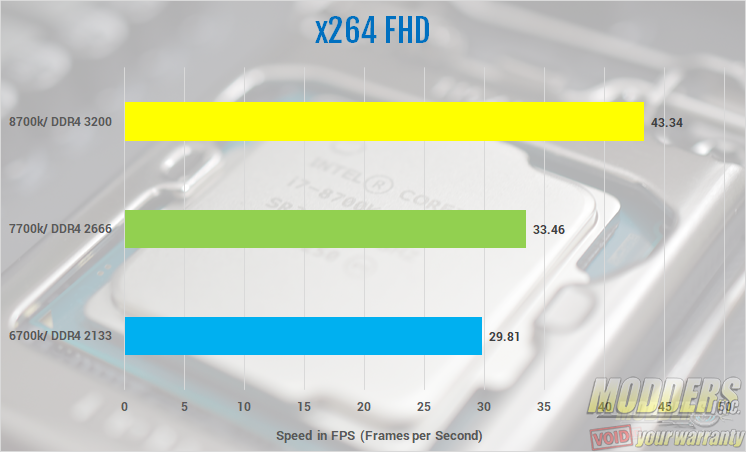
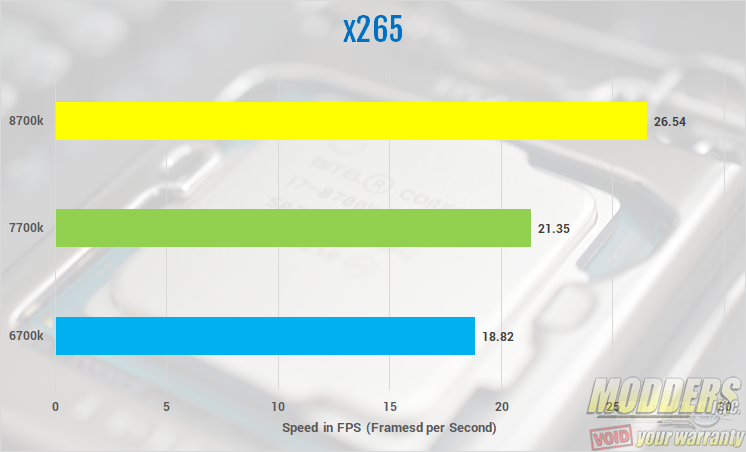
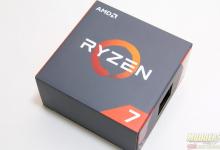
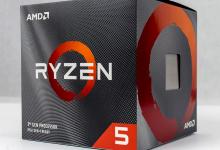
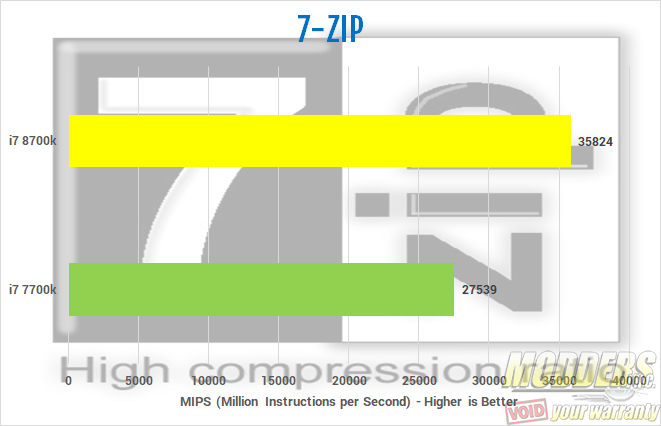
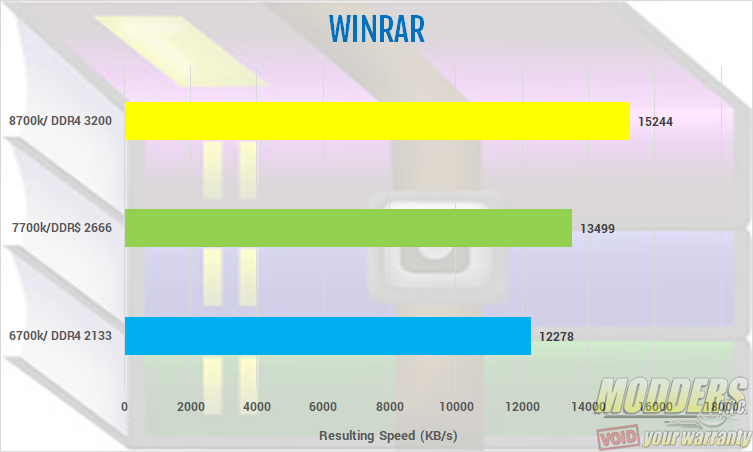
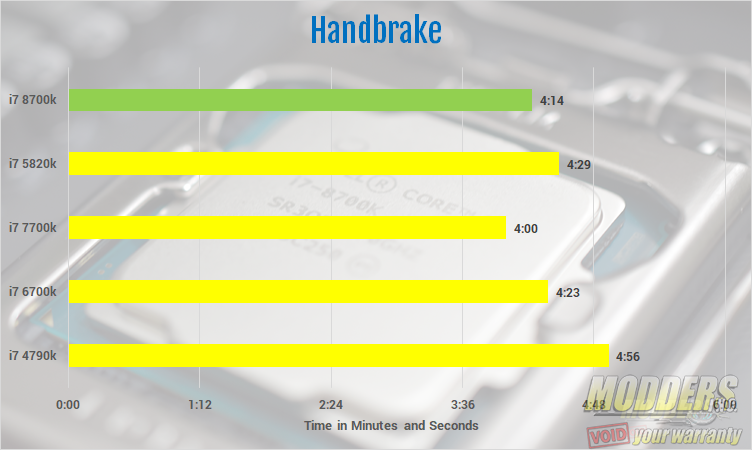
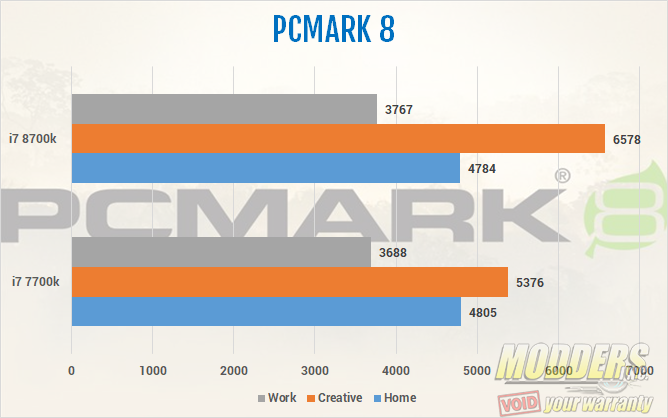
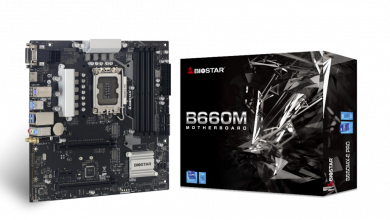
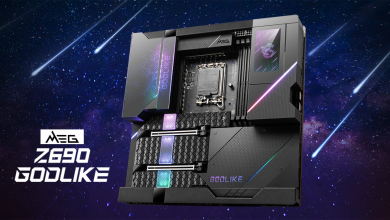
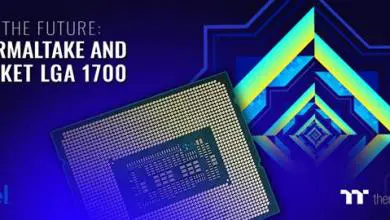
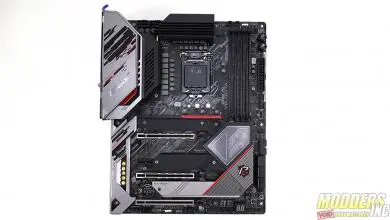
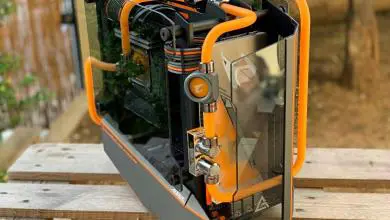
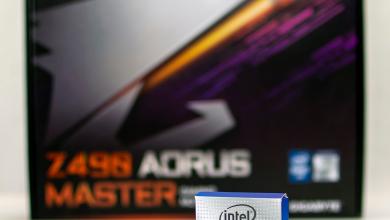

Right now I am running a I7-3770k 3.5Ghz Quad core that has been absolutely phenomenal since Q3 2012 when I built my computer.
I am starting to see the sunset though on it’s ability to max out settings and keep the frame rates where I like them even paired to a 1060 GTX GPU.
As soon as these intel back doors that hackers are using right now are closed in this line of CPU officially…then I will probably upgrade to this cpu.
….not until then though.